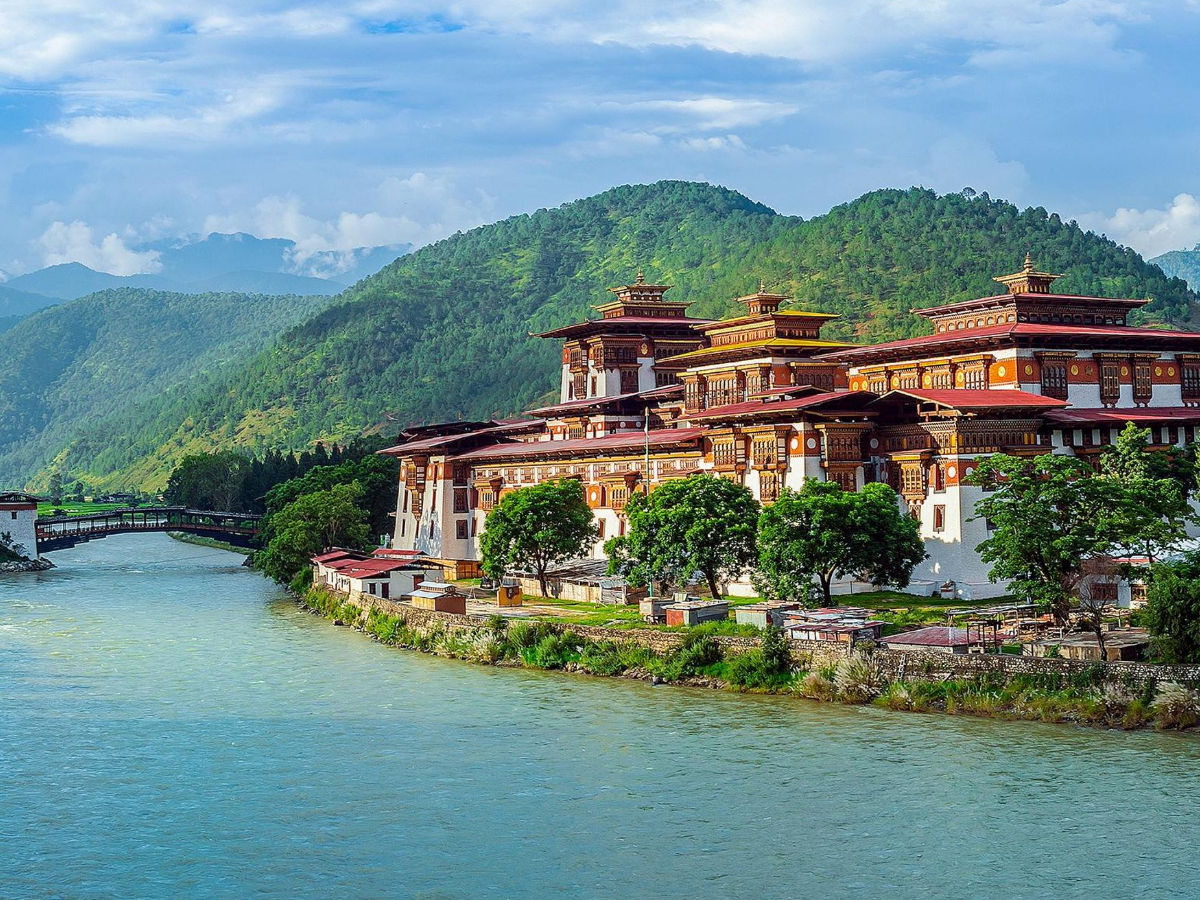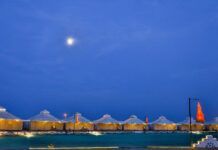Bhutan, a small country on the eastern edge of the Himalayas with rich Buddhist culture is known as the world’s happiest country. How one defines happiness is subjective, but one can’t differ from the world’s perspective after visiting the landlocked Kingdom. Unlike all other countries including the top world powers, Bhutan measures the prosperity of its country by the Gross National Happiness(GNH) of its happiness. GDP and economic growth are always secondary to the Bhutanese government. Rich or Poor, Buddhist or Hindu, Men or Women, one thing that unites the citizens of Bhutan is happiness. GNH is not just a random term. The Bhutanese government has a well-planned route to achieve the desired GNH. Despite being a relatively smaller economy in comparison to its neighboring countries, Bhutan has been successful in filling happiness in the lives of its people. But, How does the Bhutanese government achieve GNH? What are the factors, criteria to measure happiness?
Environment-Friendly Constitution: The Bhutanese constitution provides security to the country’s forests and biodiversity. According to Bhutan’s constitution, the forest area in the country should never drop below 60% of the total landmass (the current area covered in the forest is 70% of the country’s total area). The only carbon negative country in the world, it gives its citizens clean air to breathe, which happens to be a luxury in many developed countries. According to studies, the forests of Bhutan help it in absorbing three times the carbon it produces. The country gives preference to electric vehicles and hydroelectric power over fossil fuels, and has also banned export logging. The connection between happiness and the well-being of humans and a clean environment is well established. One of the most bio-diverse countries, Bhutan is home to some of the rarest species in the world.
Good Governance: Bhutan’s limited economic ambitions don’t stop it from being a rational and ambitious state and it reflects in its smooth transition from being an absolute monarchy to democratic parliamentary rule. Although, the King enjoys immense respect for being the guiding head of the government. The goal of the governance in the country is to achieve zero corruption which is already very low. A record 80% of votes were cast in the country’s first elections in December 2007. Citizen-centric policies such as free healthcare for all and free education up to the tertiary level up the happiness quotient of the country. The government is working constantly to reduce unemployment and improve the living standards of the citizens.
Sustainable Approach Towards Economy: With the amount of forest land, scenic mountains, and gripping landscapes that the country has, Bhutan can become a major tourist hub with mass tourist influx. However, the country allows only a limited number of tourists at a time keeping in mind the effects a mass tourist population can have on the country’s landscapes and the local population. This is when the country’s economy is heavily dependent on tourism. Any development plan or project goes through layered scrutiny by the government to study its impact on the environment and on the local population. Social and ecological interests are always kept above commercial interest in the beautiful Himalayan kingdom.
Cultural Promotion: Apart from its natural beauty, one thing that separates Bhutan from other countries is its unique culture. Despite being a landlocked nation between two giant nations — India and China, Bhutan has been successful in promoting its culture and keeping its cultural identity intact. To prevent a larger influence of neighboring countries, the Bhutanese government has introduced a Heritage Sites Bill to safeguard significant buildings such as the numerous dzongs and monasteries that stand tall across the country. Festivals in Bhutan are not the only tradition but part of the lifestyle and the entire population of the country could be seen wearing a national dress even when it is only compulsory for school children and government officials and modern dresses are widely available. People here follow the culture not by obligation but by choice.




























